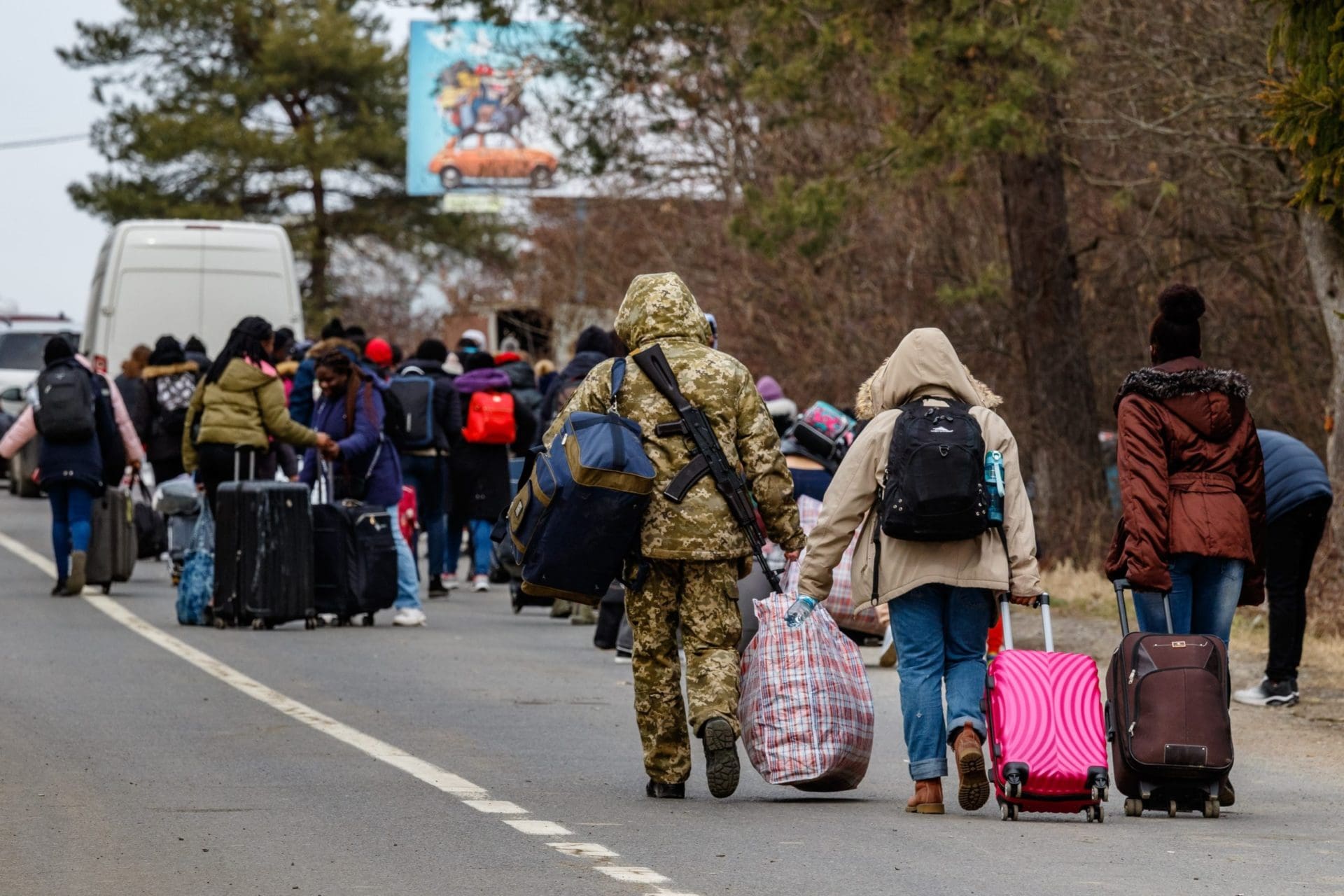The ongoing conflict in Ukraine has led to a staggering number of internally displaced individuals and refugees seeking safety across international borders. The International Organisation for Migration (IOM) Hungary has been conducting regular surveys to gain valuable insights into the evolving needs of Ukrainian refugees returning to their homeland. The organisation’s quarterly Crossing to Ukraine reports shed light on crucial aspects of this complex situation.
The most recent Crossing to Ukraine report, based on survey data from the second quarter, highlights the pressing requirements of Ukrainian refugees re-entering their country. The surveyed refugees primarily cited transportation support (52 per cent) as their immediate need upon return. This was closely followed by the need for general information (43 per cent) and financial support (39 per cent). Safety and access to health services were also cited as important needs by 27 per cent of respondents each.
The report further reveals the changing landscape of assistance required by these refugees. Food assistance (23 per cent) and long-term accommodation (22 per cent) emerged as key necessities for returnees. In a slightly lower proportion, employment (17 per cent), medicines (15 per cent), and legal assistance (13 per cent) were also mentioned as urgent needs when coming back to Ukraine, whether for a brief or extended stay.
Interestingly, assistance received during their time in Hungary plays a pivotal role in supporting these refugees.
More than half of the respondents (52 per cent) confirmed receiving transportation support while in Hungary.
Additionally, 39 per cent benefited from accommodation support, and 36 per cent received financial aid. Food assistance was provided to 32 per cent of the respondents. In addition, personal hygiene items (15 per cent) and clothing (14 per cent) were among the services received during their stay. Although to a lesser extent, psychological counselling (8 per cent), vouchers (7 per cent), and toys (5 per cent) were also offered to these refugees during their stay in Hungary.
IOM Hungary has demonstrated its commitment to effectively addressing the challenges faced by Ukrainian returnees. By analysing the data from the quarterly reports, IOM continually adapts its programmes to better meet the evolving needs of the beneficiaries. From providing food and hygiene items to mental health and psychosocial support, IOM’s assistance has been vital for thousands of individuals affected by the conflict. Furthermore, the organisation plays a key role in assisting refugees returning to Ukraine by providing translation, answering questions, and distributing information in multiple languages at the Záhony train station on the Hungarian border.
The Displacement Tracking Matrix (DTM) methodology, used for tracking and monitoring displacement and population mobility, has been instrumental in collecting data for these reports. The surveys capture demographic profiles, intentions regarding the final destination, and the most immediate needs of the interviewed refugees.
The Crossing to Ukraine reports stand as a testament to the dedication of IOM Hungary in offering timely and targeted support to refugees returning home amid the complex circumstances brought about by the conflict. As these reports continue to provide insights into the needs of the beneficiary populations, IOM’s efforts play a significant role in helping individuals rebuild their lives and find stability in their homeland once again. The financial support from various organisations and countries further underscores the collaborative efforts in ensuring the well-being of those affected by displacement.
Related articles:








